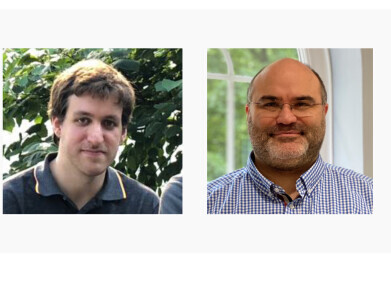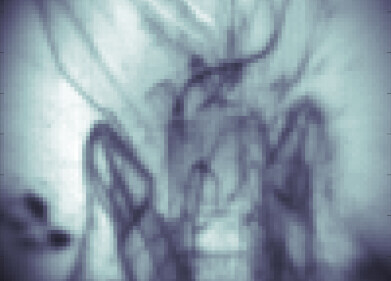-
.jpg) Animation team, My Baby's Brain (Credit: University of Oxford)
Animation team, My Baby's Brain (Credit: University of Oxford)
Research News
Neuroimaging series supports understanding of premature infant development
Mar 12 2024
A free online resource aimed at improving parental understanding of brain development in premature infants and its effects on breathing and apnoeas (the cessation of breathing) has been introduced by the Paediatric Neuroimaging Group at John Radcliffe Hospital in Oxford.
Launched by Principle Investigator Professor Caroline Hartley and Dr Marianne van der Vaart, Postdoctoral Researcher, My Baby’s Brain, was created in collaboration with parents of premature babies alongside SSNAP (Supporting sick newborn and their parents), a charity based in the Newborn Care Unit at the hospital.
Professor Hartley said: “In the UK, 1 in 13 babies is born prematurely. Apnoea of prematurity is a common problem in neonatal care, affecting around 50 percent of premature infants. Apnoeas are well-managed by the clinical team but can be worrying for parents. These animations have been put together with parents in mind, to give parents of premature babies a better understanding of how their baby’s brain is developing, how apnoea is linked to the immaturity of a premature infant’s brain and the techniques researchers use to investigate brain development.
“In our research we record baby’s brain activity using Electroencephalography (EEG). This allows us to measure the natural electrical activity of the brain by placing sensors on the baby’s head. We measure this alongside changes in the baby’s vital signs (breathing rate, heart rate, oxygen levels). Vital signs are measured in the neonatal unit as part of routine care. By measuring breathing and brain development together in premature babies we hope that we can better understand and treat apnoea.
“Working together so closely with SSNAP and parents on this project has been extremely rewarding and enjoyable and has greatly enriched the animations which we hope will be a valuable resource for parents.”
Martin Realey, Charity Lead for SSNAP, said: “We are delighted to be able to support the creation of My Baby’s Brain which will be an indispensable tool to all parents to premature infants on neonatal units here in the John Radcliffe Hospital and across the country. They have been made with parents in mind to ensure the information is accessible and easy-to-understand. The videos can be accessed using QR codes making them available on mobile devices, allowing parents to choose a time that best suits them to watch and process the information.”
The series was funded by the Wellcome Trust Enriching Engagement programme, an initiative created to support researchers’ public engagement outreach. Professor Hartley is a Sir Henry Dale Fellow at the Department of Paediatrics.
More information online
Digital Edition
Lab Asia 31.2 April 2024
April 2024
In This Edition Chromatography Articles - Approaches to troubleshooting an SPE method for the analysis of oligonucleotides (pt i) - High-precision liquid flow processes demand full fluidic c...
View all digital editions
Events
May 05 2024 Seville, Spain
InformEx Zone at CPhl North America
May 07 2024 Pennsylvania, PA, USA
May 14 2024 Oklahoma City, OK, USA
May 15 2024 Birmingham, UK
May 21 2024 Lagos, Nigeria


.jpg)








.jpg)






